(ECNS)--What major changes have taken place in American foreign policies since the Biden administration took office? How will these changes affect the Sino-U.S. relations?
CCG President Wang Huiyao recently spoke with John Hamre, CEO of Center for Strategic and International Studies (CSIS) in the latest edition of W.E. Talk.
John Hamre used to be the Deputy Secretary of the U.S. Department of Defense. Hamre believes that the two major parties of the U.S. didn't realize real challenges facing the country in the next 10 to 15 years and the U.S. may enter another 20-year political restructuring.
Speaking of Sino-U.S. relations, Hamre thought the U.S. should focus on improving itself and overcoming the problems within its own society.
Here's an excerpt of the dialogue:
Wang Huiyao: During the Afghanistan withdrawal, Biden said from now on the U.S. will no longer seek nation building. What do you think of that?
John Hamre: I think President Biden was reflecting what the American public feels, which is: we were in Afghanistan; we didn't have a strategy; we were not successful. We shouldn't get involved in things where we don't know what we're doing. I think that was basically the commentary that was behind that statement. Now, does it mean that America is going to pull back from working with the countries in the world towards building stronger institutions, etc.? No, I don't think it means that we'll abandon that. But I do think it means that Americans feel that we used the military too excessively, and we didn't really have a plan, and we were not successful.
So I think a foreign policy that is more focused on solid economics, on social development and on traditional diplomacy is what he's talking about. The term "nation building", like "we were going to shape the world, so it looked like us", I think that is over. I don't think we're doing that any longer.
Wang Huiyao: Even though Trump is not in office, "Trumpism" is still thriving, so how do you assess the political future of next two years?
John Hamre: America has had two periods in its history, where there were profound changes in our political system. One was about 1842to 1860, and that ended in a civil war, which is a bad thing.
The other big period, which changed lots of tension, politics got turned upside down, was from about 1885 until 1915. In both cases, it lasted over 20 years. And I'm afraid we're in the front of probably a 20-year period where our politics is going through profound restructuring. And I have my own personal views about it. I don't think either political party here is effectively focusing on the challenges we’re going to face over the next 10 years or 15 years. I think both of the parties are battling over their policies of the past, rather than looking forward to the future.
So I think we're going to be internally divided. I think there's still going to be a lot of progressive work, but it's going to happen more at the state level. I think the economic disparity that you mentioned is very real and is going to be the greatest thing we're going to have to work on. I would say that's the big debate that we have right now between the Democrats and the Republicans. But I don't know what's going to come out of it is going to be a breakthrough. I think we're going to have internal tension in the United States, probably for the next 15 years.
Wang Huiyao: Do you think probably if maybe U.S. is coming back to CPTPP someday, so we have a new platform to talk about the 21st-century trade issues? What do you think about in general assessment that what we can do about Sino-U.S. relations?
John Hamre: I thought it was a major mistake on the part of President Trump to pull out of the TPP.
I wish that the Biden administration would see the opportunity to join CPTPP, but I don't know that they're going to. And that's a mistake, in my view. We should be leaning forward. One of the few really good ways to deal with that is to expand and open up wider on trade opportunities. I don't know that the Biden administration is going to see it that way, unfortunately. But I do think that there is a larger restructuring underway now.
It started before the Covid pandemic, but instead of globalization we're starting to regionalization of trade patterns. My personal concern is that I'm worried because of the tension between China and the United States.
The sentiments in Washington are very negative right now about China. And I think that's very unfortunate, because it makes it hard for us to develop real ideas, real policies in a constructive way. But we're two great countries where we have global interests. We're going to have areas where we're going to disagree with each other. We're going to rub up against each other. So we know because we got these complex, multidimensional interests, and they're not always alive. Sometimes they're in tension. We have to find ways where we don't let the tension overwhelm us and prevent us from having the kind of constructive conversation to work through the problems.
Now, in the U.S., I'll say in Washington, there are basically two camps. One camp believes that China is racing ahead. It's going to be dangerous. We'd better stop them in any way we can. That's one camp. I'm in the second camp. The second camp, which I'm in, believes that this is a huge, unprecedented competition. We're out of shape. It's like a runner that hasn't been exercising. We're going to have to get in shape if we're going to stay up in this competition. So instead of trying to trap China, because it's running ahead of us, we need to work harder to run faster.
So I think, I'm in the second camp, I believe that America's focus ought to be on improving ourselves, fixing our own problems, overcoming the problems within our own society. This is where I think we should be focusing rather than having the conversation with China being about opposition to everything you say or do. That's gonna go nowhere, in my view. So I'm in the camp that says, if Americans going to compete effectively, we've got to get stronger internally.
Wang Huiyao: What do you think about Track 1.5 or Track 2 dialogue, like between think tanks, particularly for the U.S. and China, to bring the relationship into more understanding, into better communication?
John Hamre: I think over the next 10 years, Track 1.5, Track 2 dialogues are going to be more important than any time in our history. It's hard for the governments to meet each other, because the politicians are so busy throwing rocks at the other side. We can at least meet and talk to each other as professionals and as friends. It doesn't mean we're always going to agree, but it means we can have an honest conversation with each other.
And then we're going to be in a better position when we have real hard issues that we have to share with each other, because we're gonna have that. We're big countries, that's unavoidable, but we do have to have a framework where we can talk to each other.
I do feel we're in a period of time where we're going to have to be honest with each other about where we disagree, but we have to have a framework where we're talking to each other, where we can understand each other. And I think that's what Track 1.5 is going to be, especially over the next 10, 15 years.









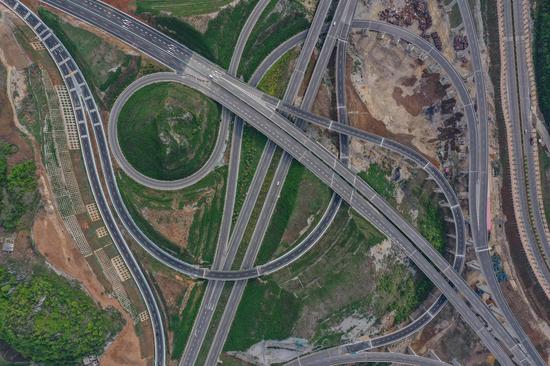
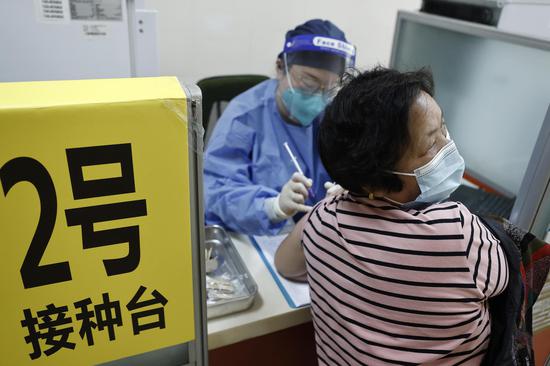
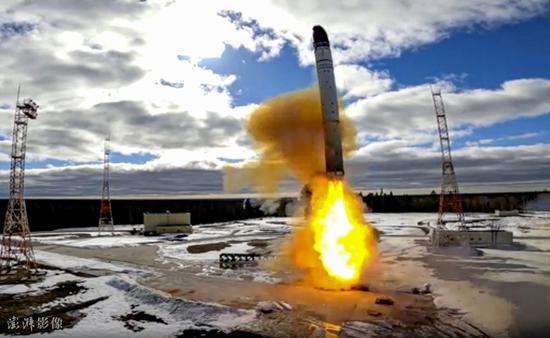
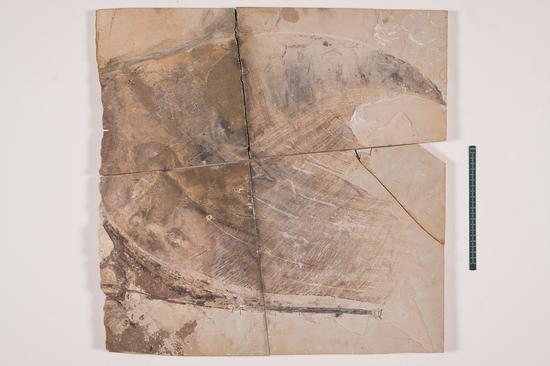
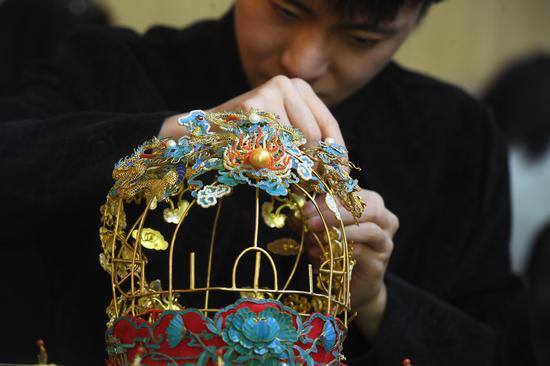


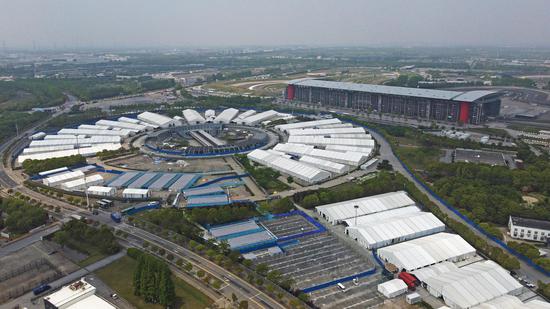

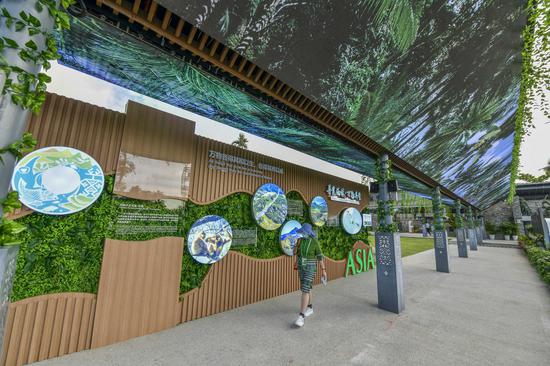
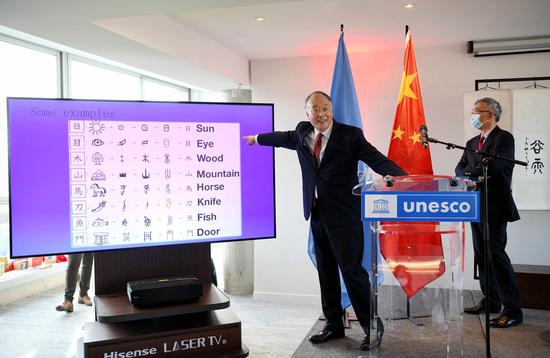

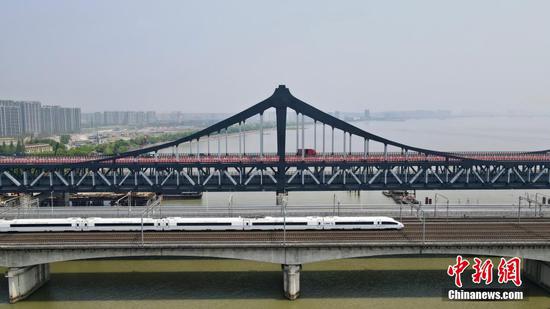
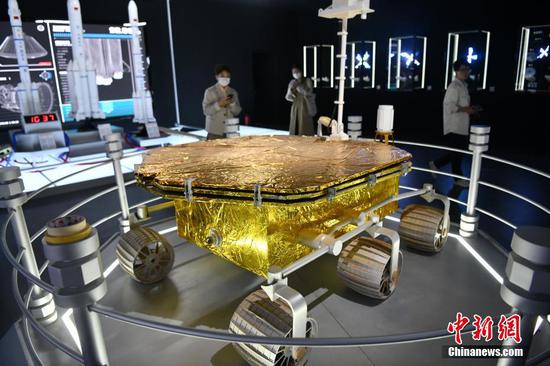
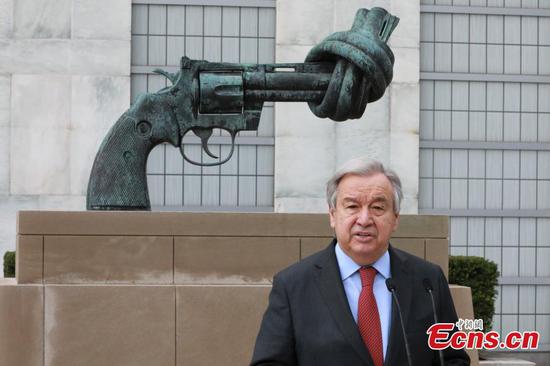
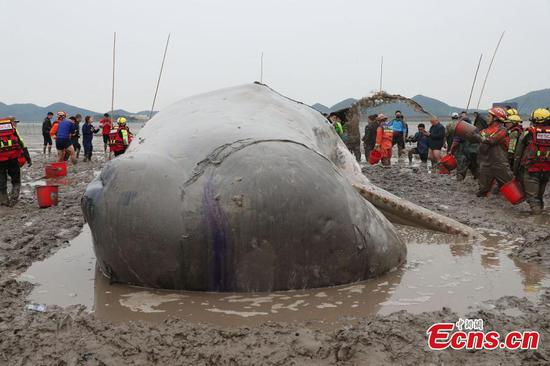
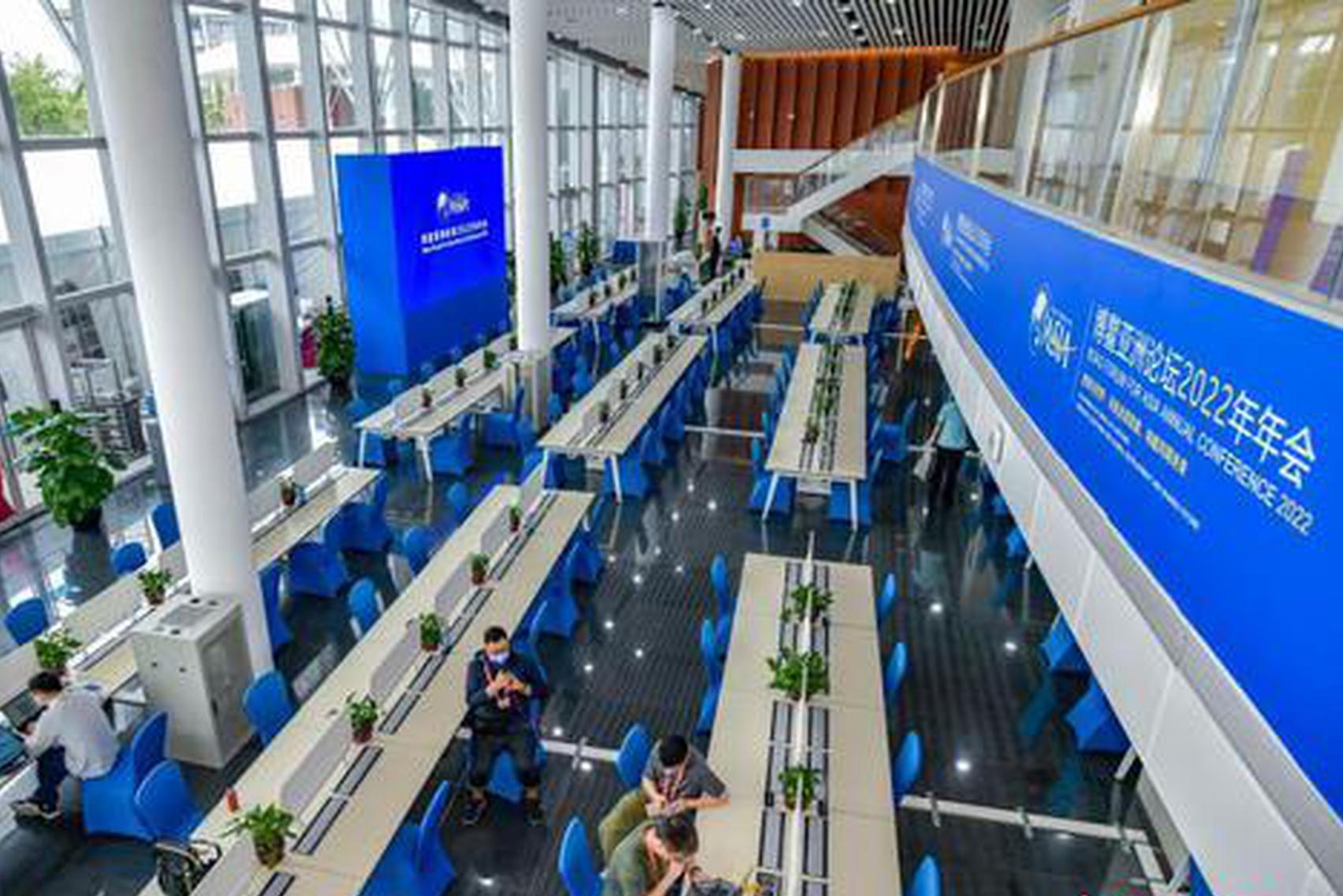


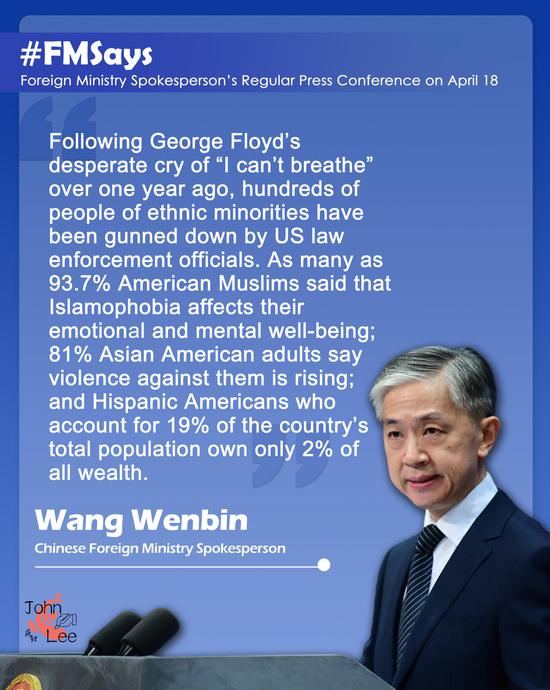
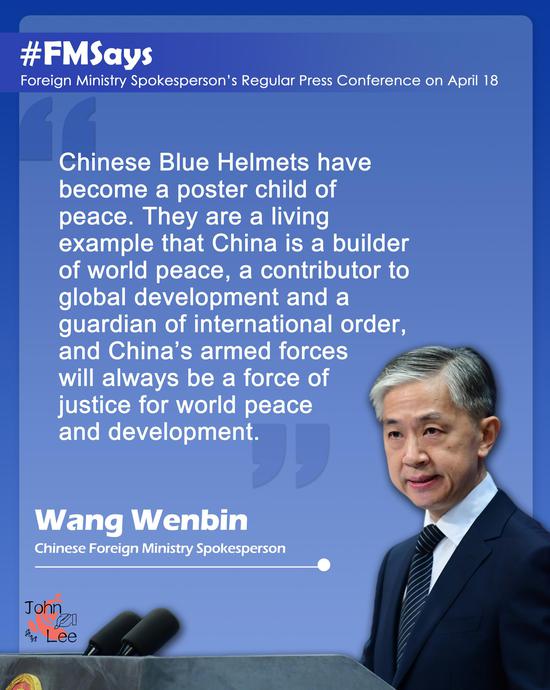
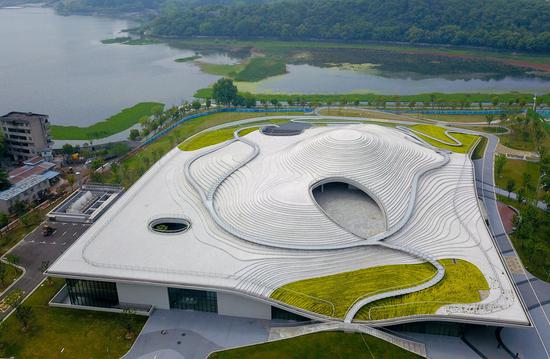
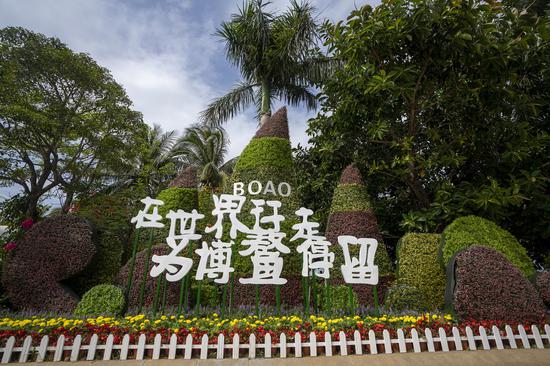

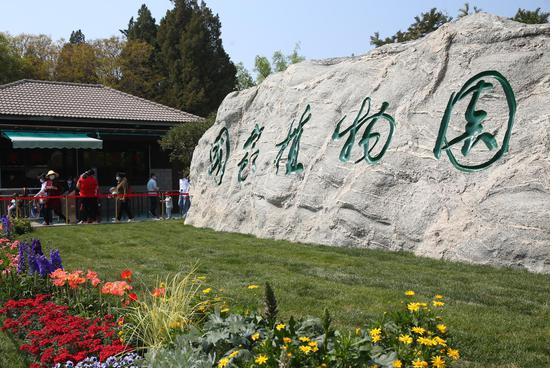

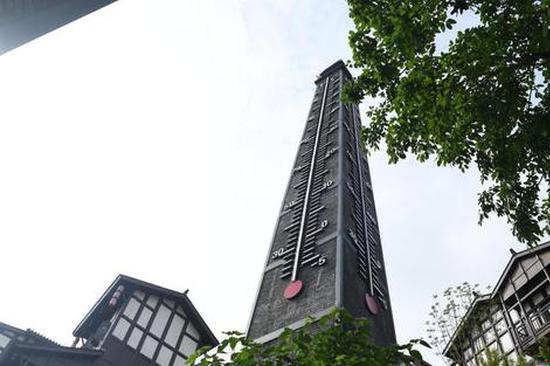

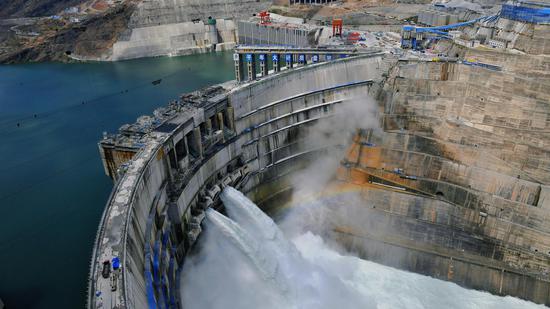


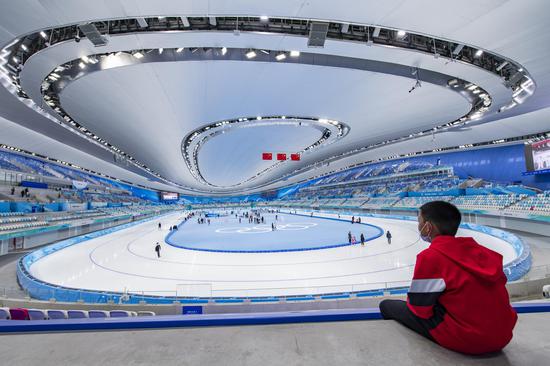

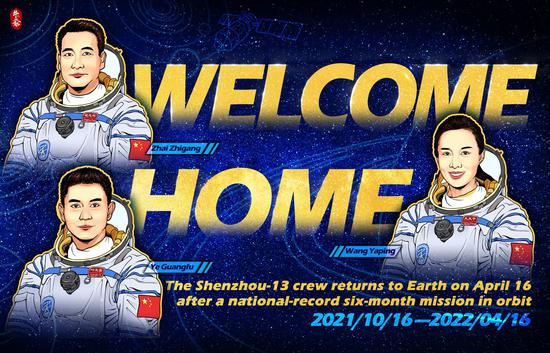

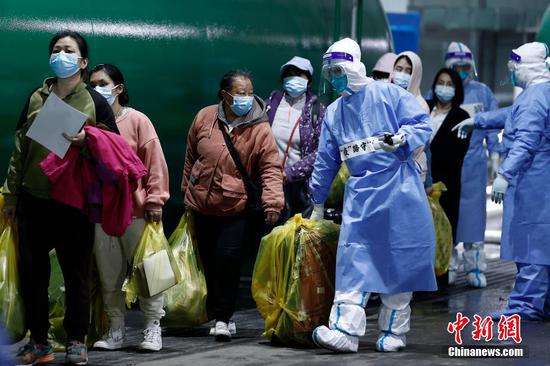





 京公网安备 11010202009201号
京公网安备 11010202009201号